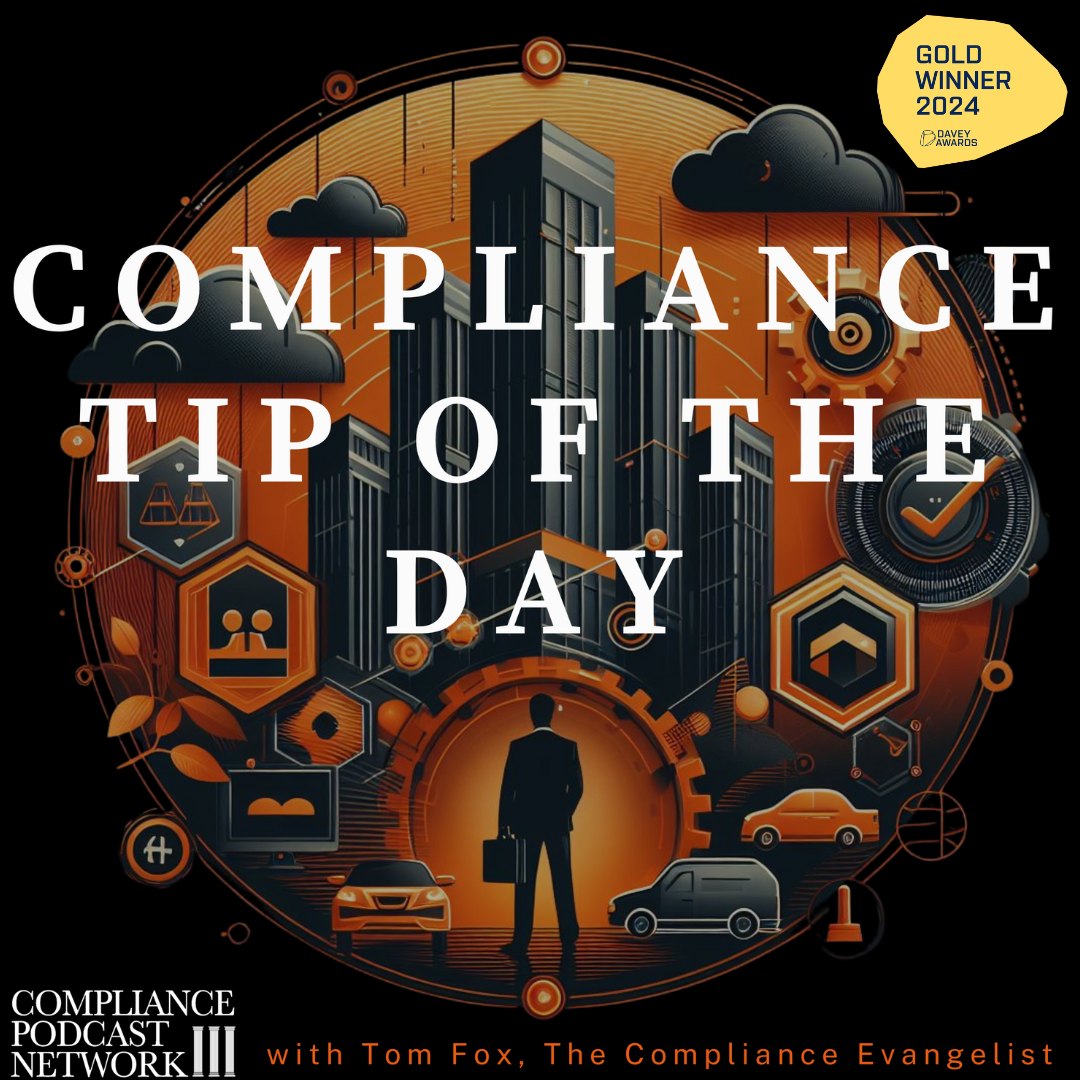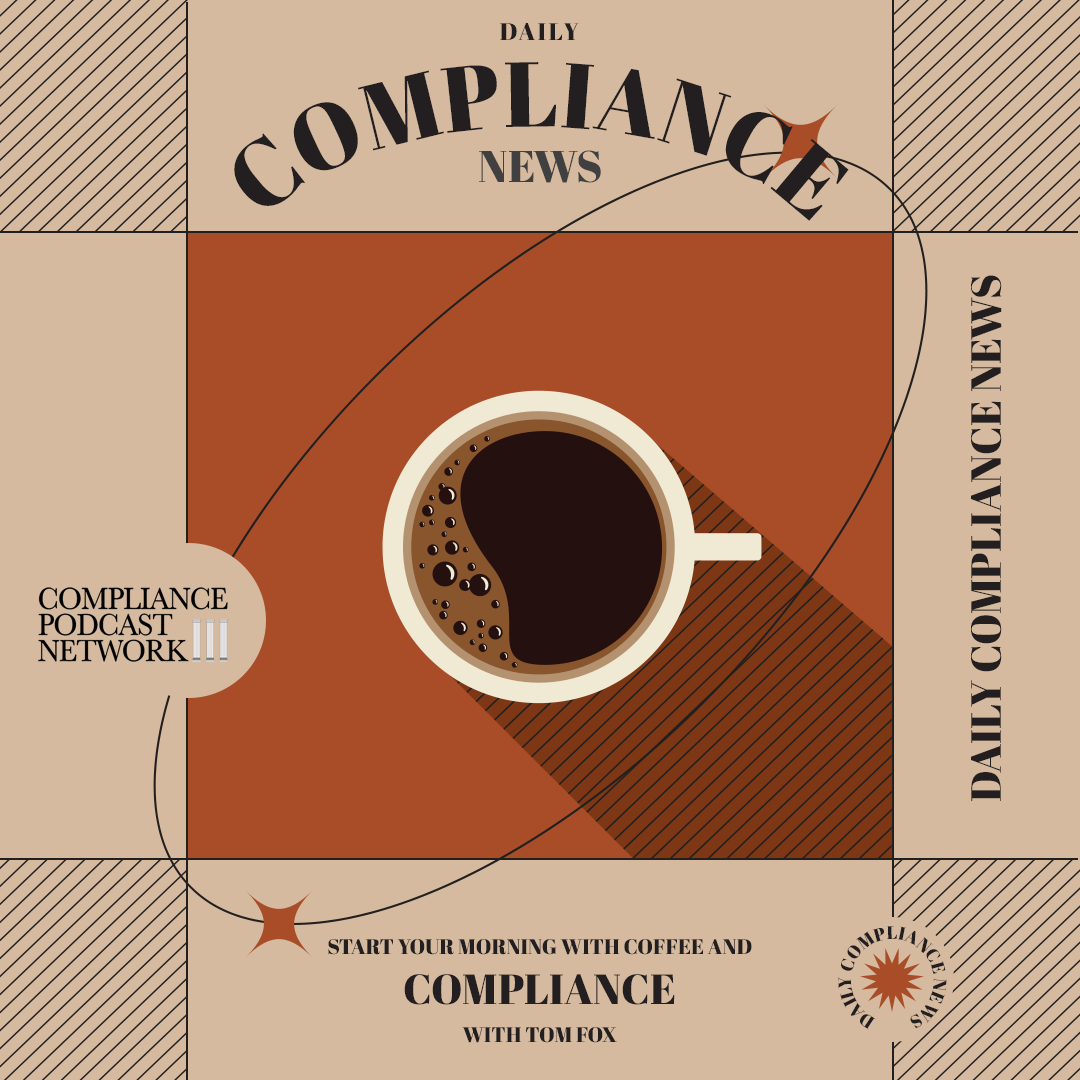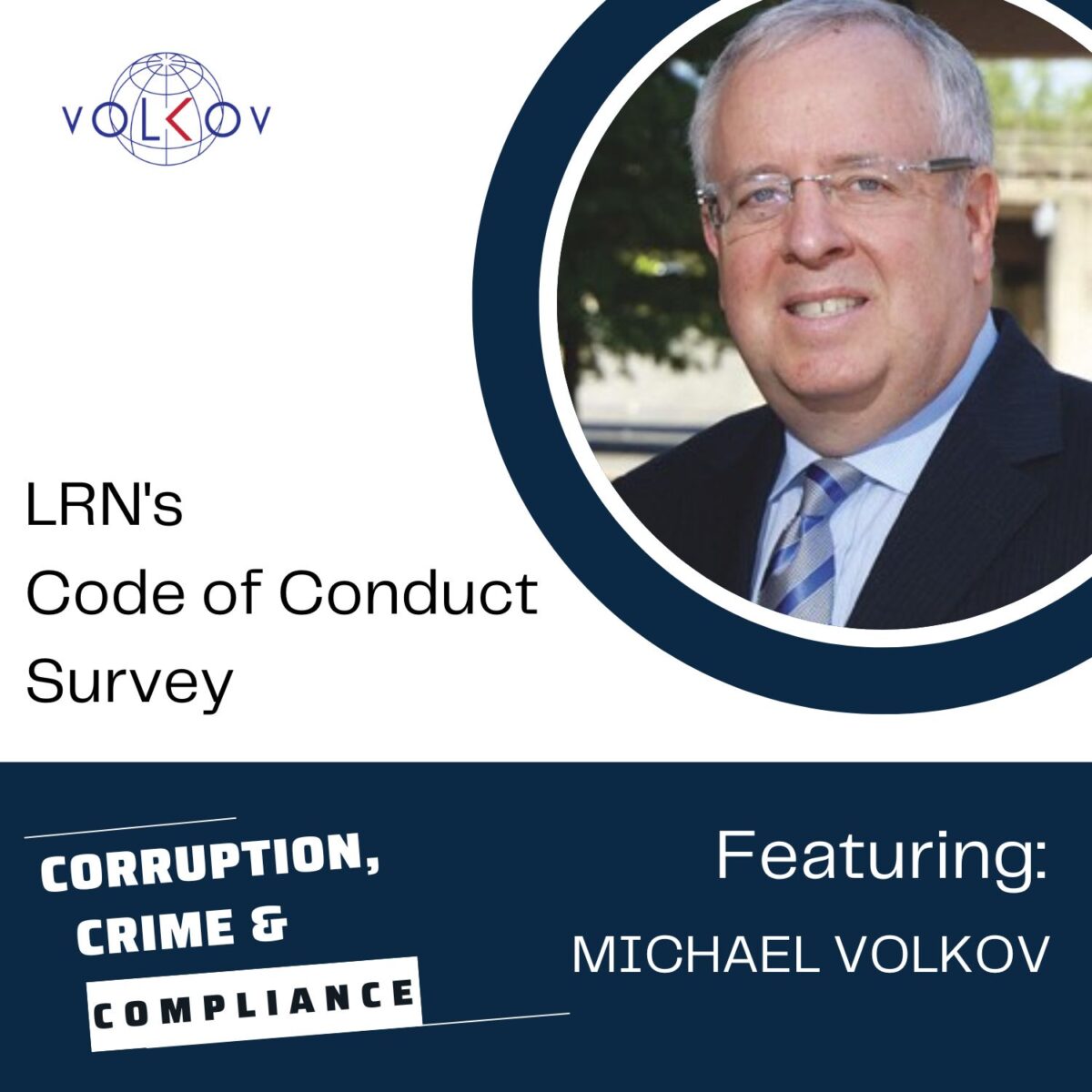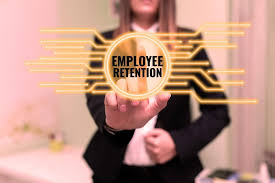The fight to attract and retain top talent has long been a concern for corporate leaders, but the stakes are even higher for compliance professionals. The insights from the Harvard Business Review (HBR) article Why Employees Quit the authors offer actionable lessons that compliance professionals can integrate into their strategic efforts. Let’s explore how fostering a meaningful employee experience can mitigate compliance risks and strengthen organizational integrity.
The Compliance Costs of Employee Attrition
Employee turnover is more than a budgetary concern; it is also a compliance risk. When experienced employees leave, they take with them institutional knowledge, including an understanding of the organization’s policies, culture, and compliance framework. The cost of replacing employees ranges from 6 to 9 months of their salary—and for executive roles, it can double their annual pay. More insidiously, high attrition rates may signal deeper issues, such as cultural dysfunction or ethical lapses, which could attract regulatory scrutiny.
For the compliance professional, employee retention is not simply about the cost of replacement and retraining but about sustaining a culture of ethics and compliance. Addressing the root causes of turnover is an investment in long-term corporate resilience.
Understanding Employee Quests for Progress
The authors identify four primary motivations driving employees to switch jobs:
- Getting Out- escaping from toxic environments or dead-end roles.
- Regaining Control- seeking autonomy and work-life balance.
- Regaining Alignment – a desire for respect and utilization of skills.
- Taking the Next Step- pursuing growth opportunities.
Each of these quests resonates with compliance principles. For example, consistent policy enforcement may frustrate employees seeking alignment, while those striving for growth may feel supported by a lack of training or mentorship.
Compliance Takeaway: A compliance program should ensure adherence to laws and regulations and foster an environment where employees feel valued and empowered.
Proactive Measures: Compliance as a Partner in Employee Retention
The authors recommend three strategies for aligning employee experiences with organizational goals. Here’s how compliance can lead the charge:
- Interview Employees Early and Often
Exit interviews should be conducted more often, but they should be too late. Instead, compliance professionals can implement regular “pulse checks” to assess the ethical climate and identify areas where employees feel unsupported. Consider aligning these efforts with the DOJ’s emphasis on continuous monitoring in compliance programs. As a practical step, include ethical climate questions in employee surveys and encourage anonymous reporting to surface hidden concerns.
- Develop Shadow Job Descriptions
Official job descriptions often need to capture the dynamic realities of roles, leading to mismatched expectations. Compliance can play a pivotal role in ensuring these descriptions reflect the ethical responsibilities associated with the job. Your corporate compliance function should work closely with HR to include clear expectations for ethical behavior, reporting obligations, and compliance training in every role.
- Collaborate with HR to Align Roles with Employee Progress
Flexible role design can create opportunities for employees to grow while adhering to compliance standards. This approach satisfies employees’ quests for progress and reduces the likelihood of ethical lapses driven by disengagement or frustration. This ties directly into what the DOJ wants to see around non-financial incentives for employees doing business ethically and in compliance. The 2024 ECCP speaks directly to this issue, and once again, compliance should partner with HR to design roles that balance individual aspirations with organizational needs, ensuring compliance remains a core element and fully incentivizes employees in and around compliance.
The Compliance Implications of “Pushes” and “Pulls”
The authors identify joint “push” factors, such as lack of trust, poor management, and generally poor culture, as well as “pull” factors, including alignment with values, flexibility, and a more positive corporate culture in job switches. Push Factors include a lack of trust in leadership, which often correlates with higher compliance risks. Employees disengaged from management will typically disengage from compliance initiatives. Conversely, Pull Factors enhance values-driven employees. Such employees are more likely to thrive in organizations that prioritize ethical behavior. Compliance professionals should pay close attention to these dynamics in their organizations. Moreover, for corporate compliance professionals, as the holders of Institutional Justice and Institutional Fairness in an organization, addressing push factors and amplifying pull factors can help create a culture where compliance is not merely a requirement but a shared value.
Technology’s Role in Enhancing the Employee Experience
Advanced compliance monitoring tools like AI-driven analytics can support compliance objectives and employee retention efforts. These tools can provide real-time insights into employee sentiment, flagging potential compliance risks while highlighting areas for improvement in the employee experience. Compliance professionals can utilize analytics to monitor ethical climate indicators, including response rates to compliance training and engagement in whistleblower programs.
Building a Workplace Employees Want to “Rehire” Every Day
Compliance professionals have a critical role in shaping an ethical, engaging workplace. By embedding employee-focused strategies into compliance initiatives, organizations can reduce turnover, strengthen their ethical culture, and build a more resilient compliance program.
The employee experience is no longer a “soft” issue; it is now imperative for compliance. By proactively addressing why employees leave, compliance leaders can ensure their organizations retain talent and integrity. For the CCO, you should ask: Are you engaging your employees in ways that align with compliance priorities? If not, it’s time to reimagine compliance as a partner in the employee experience. This intersection of compliance and employee experience is an opportunity to drive meaningful change. Compliance professionals need to seize it and move your entire culture forward.








